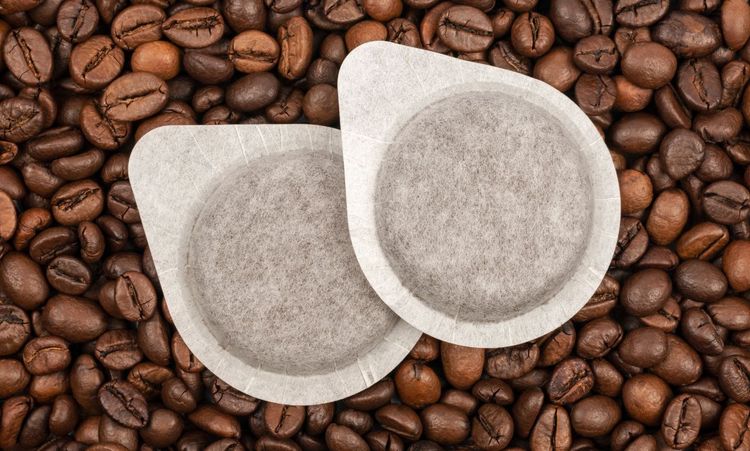In the ever-evolving world of oral hygiene, you might find yourself questioning the effectiveness of traditional methods and exploring natural alternatives. One such alternative that has piqued the interest of many is salt. The idea of brushing your teeth with salt is not a novel concept; it has historical roots and remains a common practice in some cultures. But, can you brush your teeth with salt effectively and safely? This comprehensive article delves into the benefits, drawbacks, and alternatives to using salt for teeth cleaning, providing you with an in-depth understanding to make an informed decision.
Potential Benefits of Using Salt for Oral Hygiene
Natural Antibacterial Properties
Salt is renowned for its natural antibacterial properties. When you brush your teeth with salt, it can help reduce the bacterial load in your mouth. This reduction in bacteria can lead to fewer incidences of gum disease and tooth decay. Salt creates a hostile environment for bacteria, inhibiting their growth and promoting a healthier oral microbiome.
Aiding in Plaque Removal

Plaque, the sticky film of bacteria on your teeth, is a primary cause of cavities and gum disease. Salt's abrasive nature can aid in the mechanical removal of plaque. When used correctly, it can disrupt the biofilm on your teeth, making it easier to brush away the plaque that accumulates throughout the day.
Temporary Relief from Oral Discomfort
Salt has been used for centuries to provide temporary relief from oral discomfort. Whether you have a sore throat, mouth ulcers, or gum inflammation, salt can offer soothing relief. Its ability to draw out fluids can reduce swelling and promote healing in inflamed oral tissues.
Drawbacks of Brushing with Salt
Lack of Fluoride Protection
One of the significant drawbacks of using salt for brushing your teeth is the lack of fluoride. Fluoride is an essential mineral that helps strengthen tooth enamel and prevent cavities. Regular toothpaste is fortified with fluoride to provide this protective benefit. Without fluoride, you may be at a higher risk of developing cavities and dental decay.
Risk of Enamel Erosion
Salt is abrasive, and while this can aid in plaque removal, it also poses a risk to your enamel. Over time, the abrasive nature of salt can wear down your tooth enamel, leading to increased sensitivity and a higher susceptibility to cavities. Enamel erosion is irreversible, making it crucial to consider the long-term effects of using salt as a brushing agent.
Abrasiveness and Sensitivity Issues
If you already have sensitive teeth, brushing with salt can exacerbate the problem. The abrasiveness of salt can irritate sensitive gums and teeth, leading to discomfort and pain. It's essential to weigh the potential benefits against the risk of increased sensitivity and discomfort.
Alternatives to Salt for Teeth Cleaning
Natural Toothpaste Options
If you’re looking for natural alternatives to conventional toothpaste, there are several options available that offer the benefits of fluoride without synthetic additives. Natural toothpaste brands often use ingredients like baking soda, essential oils, and herbal extracts to clean and protect your teeth. These products provide a balanced approach to oral hygiene, combining natural ingredients with the necessary minerals for tooth health.
Baking Soda as a Gentle Scrub
Baking soda is a less abrasive alternative to salt and is often used in natural toothpaste formulations. It has excellent cleaning properties and can help neutralize acids in the mouth, reducing the risk of cavities. Baking soda is also effective in removing surface stains, giving you a brighter smile without the risk of enamel erosion associated with salt.
Herbal Remedies for Oral Care
Herbal remedies have been used for centuries to maintain oral health. Ingredients like neem, clove, and peppermint have natural antibacterial and anti-inflammatory properties. These herbs can be used in various forms, including mouthwashes, tooth powders, and toothpaste, to provide a natural and effective alternative to salt.
Recommendations for Oral Health
Importance of Regular Dental Checkups
Regardless of the oral hygiene products you choose, regular dental checkups are crucial for maintaining optimal oral health. Your dentist can provide professional cleanings, identify potential issues early, and offer personalized advice based on your unique dental needs. Regular visits to the dentist are a cornerstone of a comprehensive oral health routine.
Tips for Daily Oral Hygiene
Maintaining good oral hygiene involves more than just brushing your teeth. Here are some essential tips for a healthy mouth:
- Brush Twice Daily: Use a fluoride toothpaste and brush for at least two minutes.
- Daily: Flossing removes plaque and food particles between teeth that brushing alone cannot reach.
- Use Mouthwash: An antibacterial mouthwash can help reduce bacteria and freshen your breath.
- Replace Your Toothbrush: Change your toothbrush every three to four months or sooner if the bristles are frayed.
- Limit Sugary Foods and Drinks: Sugary foods and beverages can contribute to tooth decay, so it's best to consume them in moderation.
Seeking Personalized Advice from a Dentist
Every individual’s dental needs are unique. It’s important to seek personalized advice from your dentist, especially if you're considering alternative oral hygiene practices like brushing with salt. Your dentist can provide insights based on your dental history and current oral health status, ensuring that your oral care routine is both effective and safe.
Special Considerations

Young Children and Salt Usage
When it comes to young children, caution is essential. The abrasive nature of salt can be too harsh for their developing teeth and gums. Moreover, children require fluoride for the development of strong, healthy teeth. It’s best to use a fluoride toothpaste specifically formulated for children and consult with a pediatric dentist before introducing any alternative oral hygiene practices.
Conclusion
Brushing your teeth with salt is a practice with both potential benefits and significant drawbacks. While it can offer antibacterial properties and aid in plaque removal, the risks of enamel erosion, lack of fluoride protection, and increased sensitivity cannot be overlooked. Exploring natural alternatives like baking soda, herbal remedies, and fluoride-fortified natural toothpaste can provide a safer and more balanced approach to oral hygiene. Ultimately, maintaining regular dental checkups and following a comprehensive oral care routine are the best ways to ensure a healthy and radiant smile.




